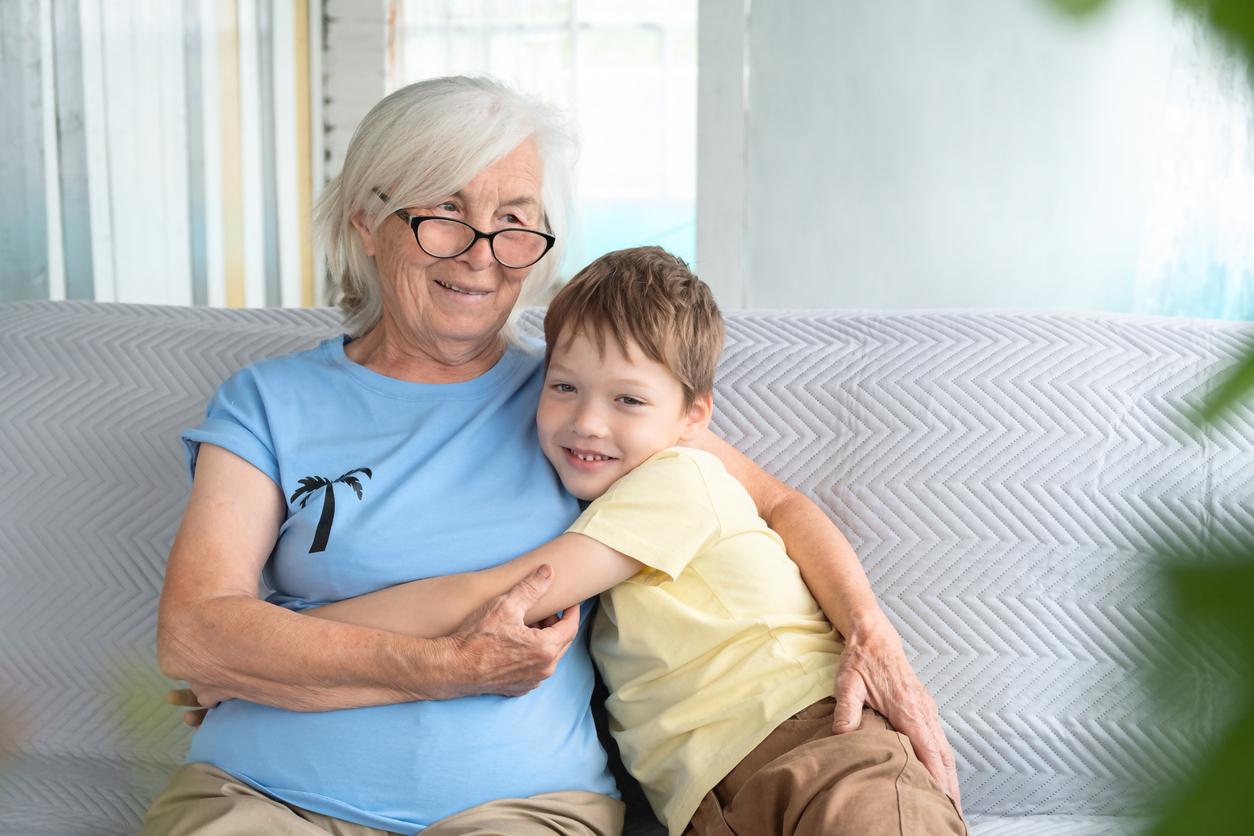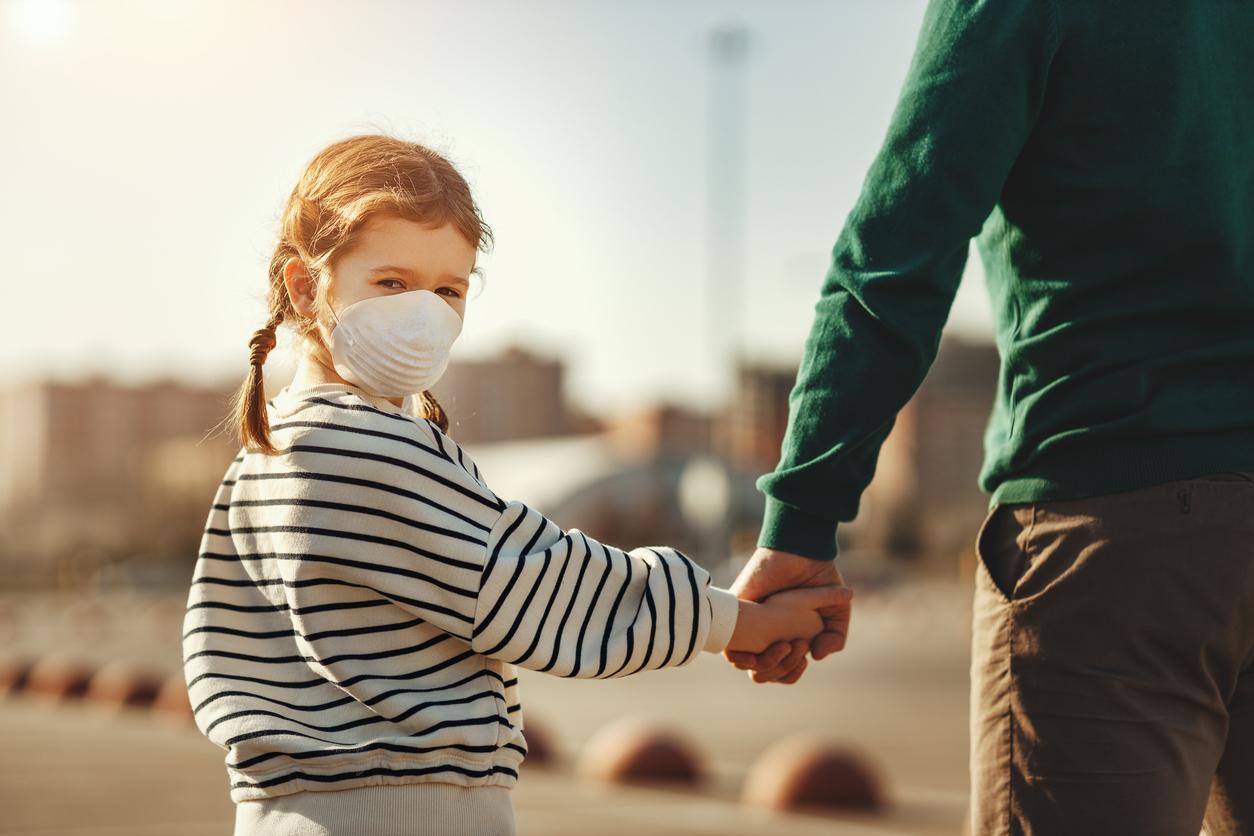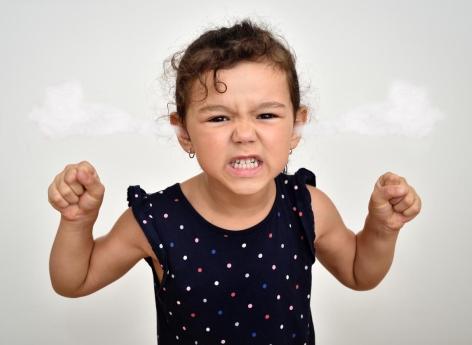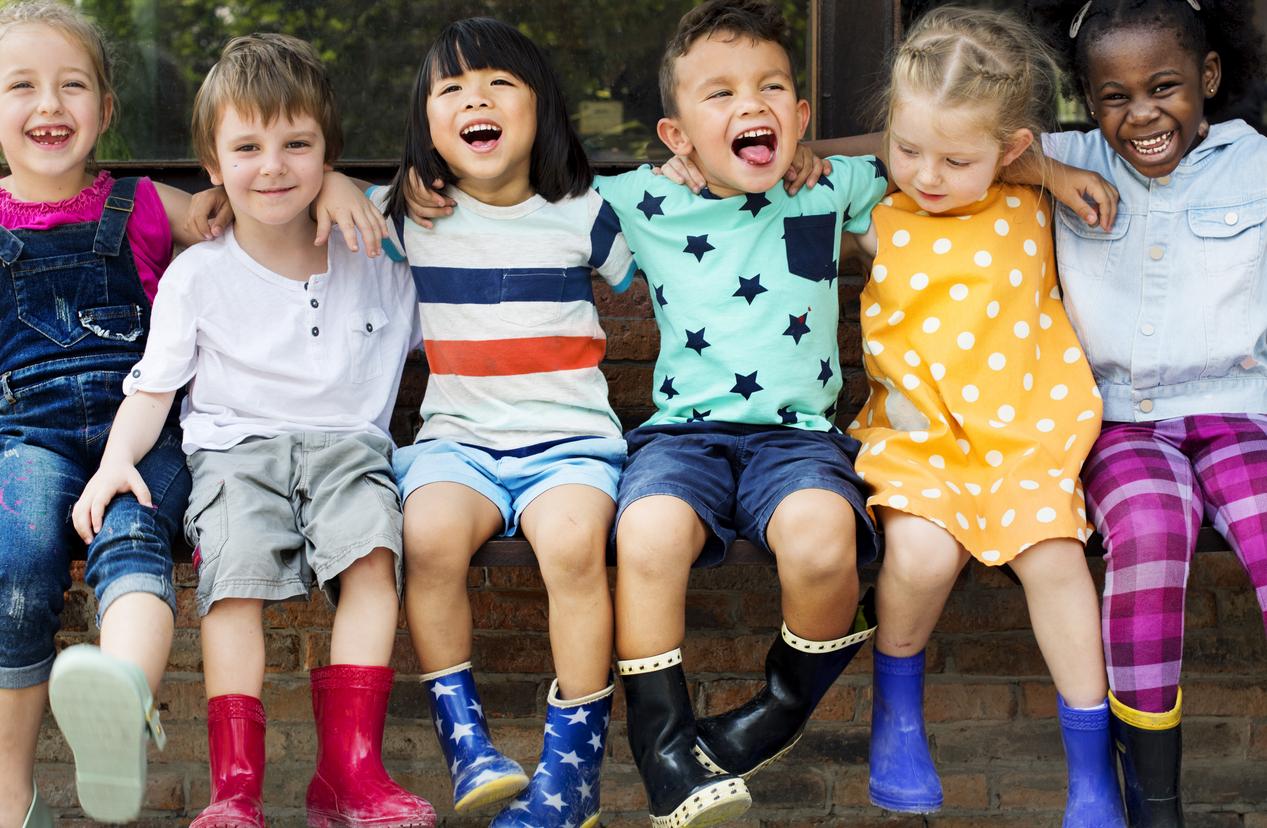Recent contact with preschool and school-age children is linked to a high risk of contracting pneumococcal infection among seniors.

- In the study, 4.8% samples tested positive for pneumococcus, with 22.3% participants infected at least one time.
- The pneumococcal colonization rate was significantly higher among adults who had contact with children aged 2 to 9 years.
- Thus, pneumococcal conjugate vaccines make it possible to “directly protect seniors exposed to children who can still be carriers and transmit certain strains of pneumococcus”.
“Important questions remain about the sources of transmission of Streptococcus pneumoniae (pneumococcus) to older adults. Yet this information is essential to understanding the potential indirect effects of the use of pneumococcal conjugate vaccines, which reduce transmission and severe disease, in children and seniors, indicated scientists from the Yale School of Public Health in New Haven (United States). This is why they conducted a study, published on the site MedRxivin order to characterize the dynamics and risk factors for acquisition of the bacteria responsible for pneumonia in the elderly.
As part of the research, the team recruited adults aged over 60 living in the same home. During fall/winter 2020/2021 and 2021/2022, 183 people from 93 households were enrolled and followed. Next, the authors collected saliva samples and data from questionnaires on participants’ social behaviors and health every two weeks or over a 10-week period. “DNA extracted from culture-enriched saliva was tested by qPCR for the pneumococcal piaB and lytA genes.”
More likely to get pneumonia after recent contact with children ages 2 to 9
The results, which will be presented at the end of April at the European Congress of Clinical Microbiology and Infectious Diseases (ECCMID 2024) in Barcelona, revealed that overall, 52 out of 1,088 samples tested positive for pneumococcus, with 28 out of 183 volunteers infected during at least one visit. Several people tested positive for pneumococcus at multiple times, including two participants who became infected throughout the 10-week sampling period. Two other adults tested positive in five of six visits, one of whom reported daily contact with children ages 2 to 9.
According to the researchers, recent contact, within two weeks of registration, with children under the age of 10 was associated with three times the risk of contracting pneumococcal infection compared to no contact. Similarly, people over 60 who had contact with children daily or every few days had a six times higher risk of acquisition than those without contact with children.

Pneumonia: vaccination protects “elders exposed to children who may still be carriers” of bacteria
Thus, the team believes that contact with young children was the most important factor influencing pneumococcal acquisition rates. “This suggests that the main benefit of pneumococcal vaccination in adults is to directly protect older adults exposed to children who may still carry and transmit certain strains of vaccine-type pneumococcus despite the success of national vaccination programs for adults. children”, concluded Anne Wylliewho supervised the work.

















